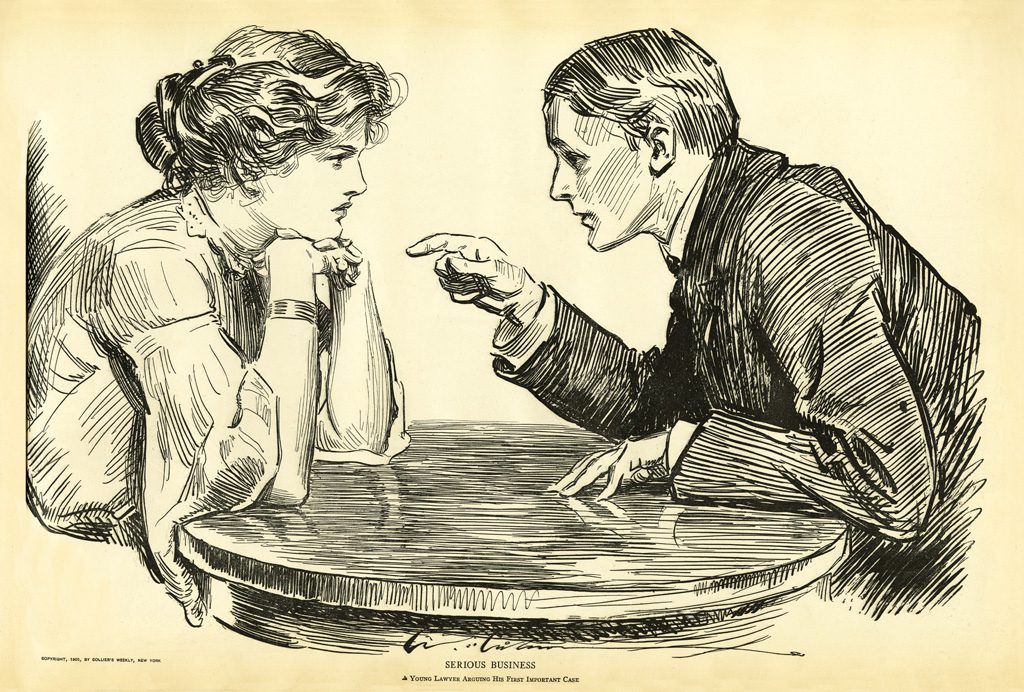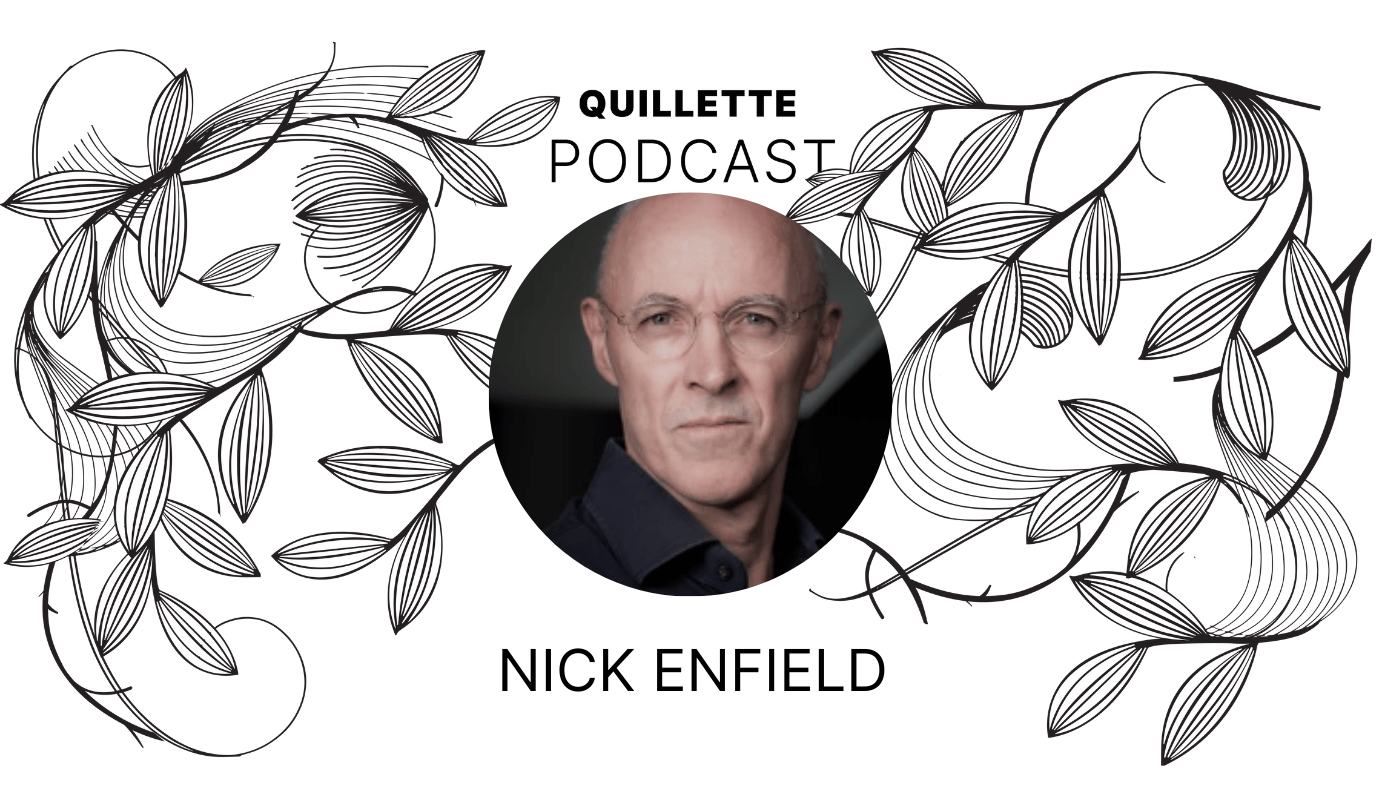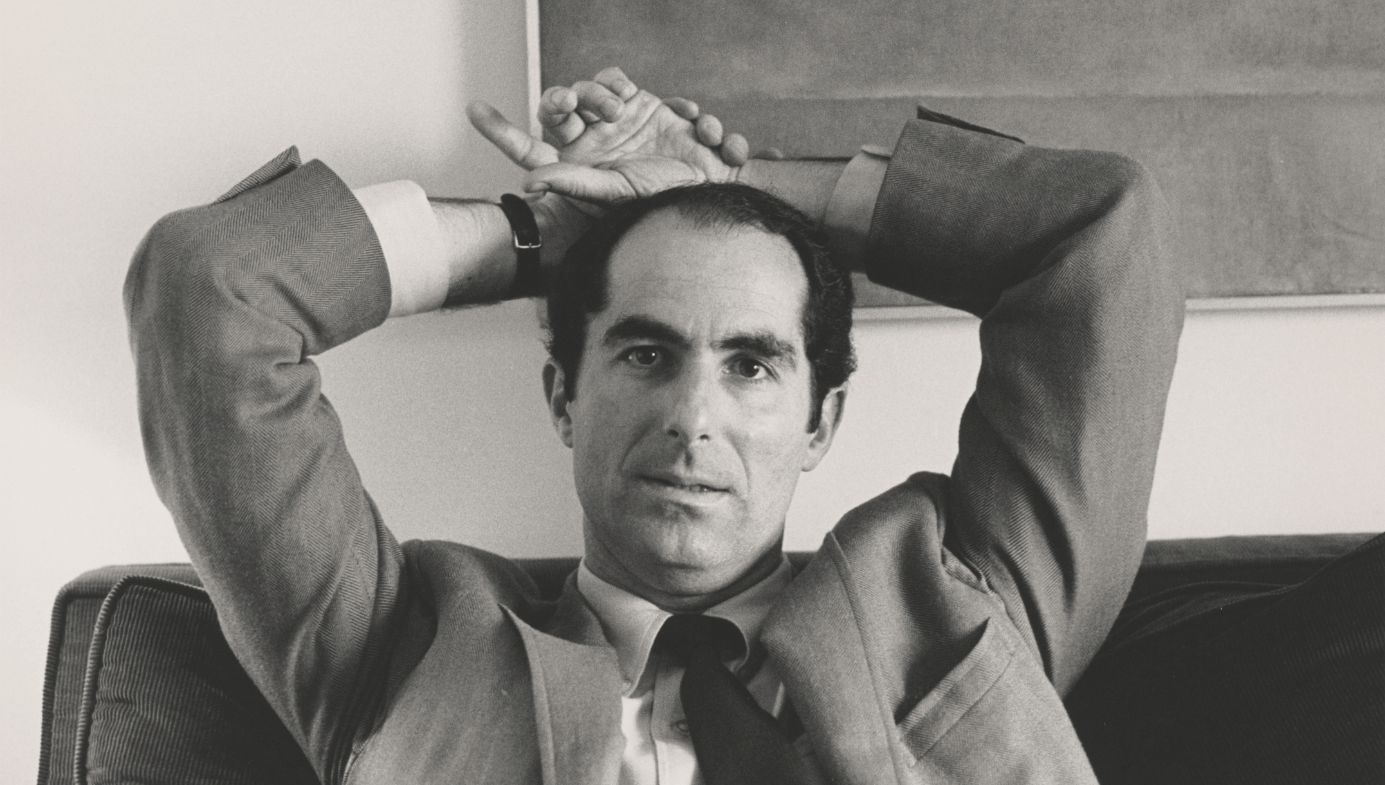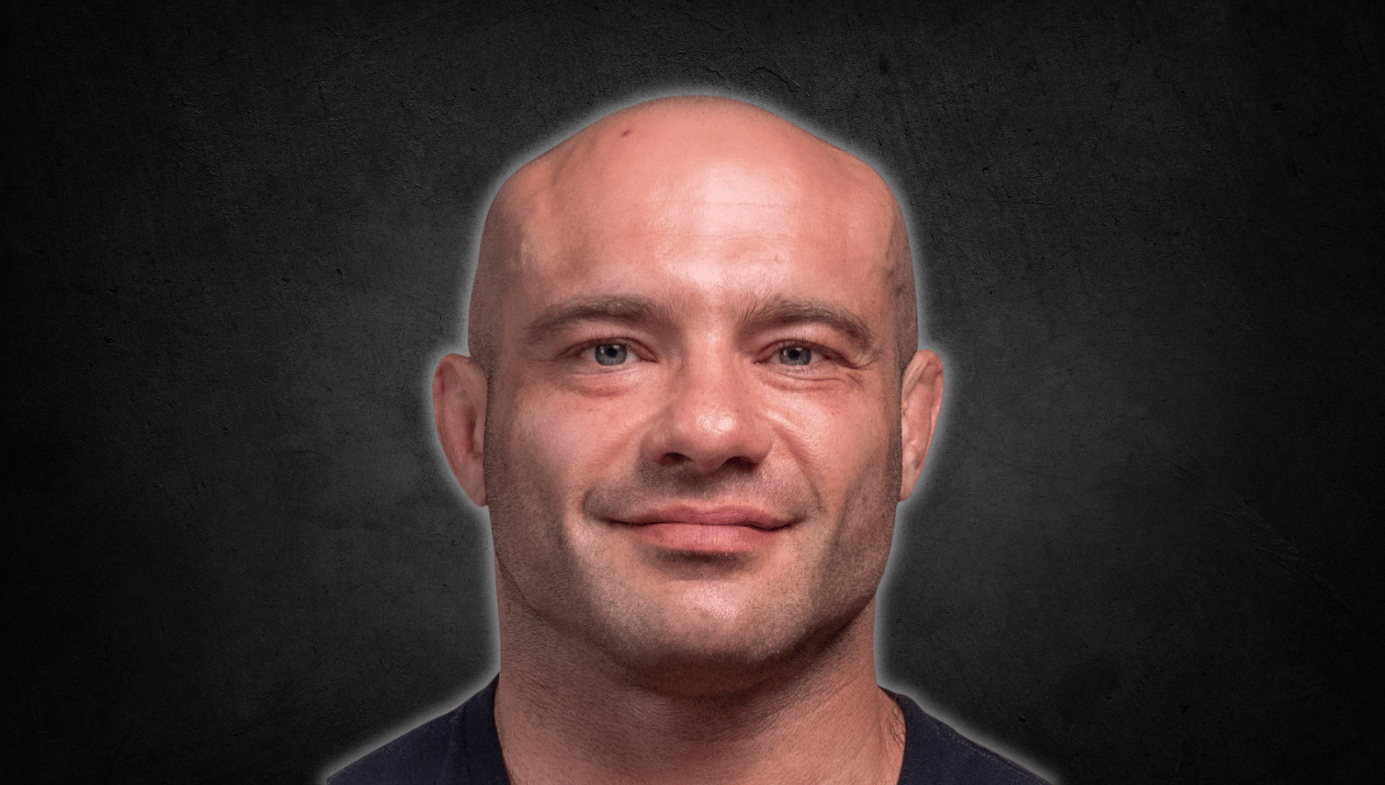The Spirit of Centrism
All too often legitimate conversations about policy preference devolve into accusations of moral transgression.

“The far-right and far-left can be equally insane.” ~John P. Avlon
Centrism is a decidedly wimpy word, but it is a powerful political idea. Over the last few weeks, many commentators and critics have compelled me to contemplate centrism more carefully. Is centrism a kind of “average” of extremes: They want single-payer insurance; the other side wants free market insurance; centrists want some unique hybrid? What then when the extreme position is the correct one? Does the centrist defy the truth simply to mold the world to his or her obsessions with compromise? As I’ve contemplated these important questions, I’ve begun to believe that the truly unique and important thing about centrism is its insistence on debate, and its uneasiness with prepackaged dogmas and identity narratives. Centrism is a flexible political position, but it is inflexible in its urging of open inquiry and spirited discourse.
Comprised of many competing interests and factions, modern post-industrial society is incredibly complicated. The best policies are difficult to discover, and they almost always require painful tradeoffs. The most straightforward and productive way to find these best policies is through vigorous debate and assiduous analysis. Without debate and without a recognition of inevitable tradeoffs, bad policies can become dogmas and extravagantly erroneous ideas, like garish birds in an environment without predators, can thrive.
For most of history, debate was quashed by government power. Usually led by a chief or monarch of some kind, a central authority established the range of acceptable debate, and those who defied it risked legal jeopardy. After the Enlightenment, Western governments gradually ceded this power, and many enacted policies to preserve free speech. In the United States, this was enshrined in the Constitution.
But words in a constitution cannot control the contours of civil society. Today, free speech is not threatened by the government; but it is threatened by extremists, on both the Right and the Left, who punish transgressors of acceptable standards with accusations of moral treachery. Even when dissenters are not treated to outrageous personal attacks, however, debate can be squashed by silence and the steely inflexibility of sacred values.

Centrism abhors this, because it contends that robust debate, free from personal insults, is the best way to achieve good policy and the only way to discover the truth. It accepts that most policies will have winners and losers, bad and good consequences, and that these should be discussed openly. Too often, modern extremists substitute moral absolutes for costs and benefits, pretending that one answer to a difficult policy dilemma is correct and that any other is not only wrong but also iniquitous and unconscionable.
Consider, for example, affirmative action policies. Undoubtedly many who support affirmative action policies do so in good faith, and believe that they are the only way to rectify a legacy of heinous discrimination. And, indeed, few would accuse those who defend affirmative action of immoral beliefs. The converse is not true. Those who oppose affirmative action are often accused of bigotry and immediately called upon to defend their moral decency. The substance of their arguments against the policy is ignored or quickly disregarded, and the debate degenerates into ad hominem attacks.
This is because extreme progressivism has sacralized a narrative about victim’s groups and equality. Those who violate the spirit of that narrative are seen, not as honest voices in a complicated debate, but as unspeakable fiends whose characterological flaws render their arguments irrelevant at best and dangerous at worst. When a value becomes sacred it becomes non-negotiable. So, for most people “you will protect the life of your daughter” is a sacred value. If someone said to you, “I will pay you one million dollars for your daughter,” you wouldn’t think, “Well, that is a lot of money. What has my daughter really done for me lately?” You would immediately and resolutely denounce the offer. You would also probably question the moral sensibility of the person who forwarded it.

All too often legitimate conversations about policy preference devolve into accusations of moral transgression.
Sacred values are not like normal values because of this absolutism. Compare the daughter example with one about a car. Suppose a person offered you twenty thousand for your favorite Camaro. You would probably at least contemplate the merits of the bid; and if you did reject it, you would not question the character of the bidder (unless the deal were woefully unfair, which touches another sacred value!). You understand that there are tradeoffs to selling or keeping your car.
Sacred values are inevitable, and they are probably useful. They create strong psychological barriers to certain behaviors, such as murder or selling children into slavery. But they are dangerous when they mutate from important guardrails to impassable obstacles in what should be a well-traveled road of debate and discussion. Extremism is the result. And open inquiry is the victim.
Today, extreme conservatives and extreme progressives endorse broad narratives of sacred values that interfere with debate, forwarding moral absolutes in place of open discussion. Although both extremes often circumscribe acceptable discourse, they do so in different ways because they adhere to different sacred narratives.* Extreme conservatives hold a religious purity narrative that is concerned with sexual and reproductive traits and behaviors. Extreme progressives, on the other hand, hold a victim’s exploitation narrative that is focused on the many injustices perceived victims’ groups face (e.g., women, people of color, gays and lesbians, et cetera). In the table below, I’ve outlined these narratives and forwarded some examples of the morally charged language they often produce.
| Extreme Conservatism | Extreme Progressivism | |
| Narrative | Religious purity | Victim’s exploitation |
| Sacralized | Behaviors related to sex and reproduction | Policies related to perceived victim’s groups |
| Example Statements | “Abortion is murder.” “Homosexuality is an abomination.” “Sex before marriage is sinful.” | “Restricting immigration is racist.” “The Google Memo was a sexist screed.” “If you voted for Trump, then you are a racist.” |
Notice that the language in these statements—for example, “restricting immigration is racist”—is designed to end debate. If a person contends that we need to discuss the many complicated consequences of liberalizing or restricting immigration, and his or her interlocutor responds that “any restriction of immigration is racist,” then the discussion hits a wall. Tradeoffs are dismissed. And the debate devolves into one about moral character. A person who supports immigration restrictionism now must defend his or her moral sensibility against insults instead of focusing on the facts of the discussion.
Because most of academia and the mainstream media lean left, most public discourse is limited by the sacred narratives of extreme progressivism. Therefore, I will focus on the “victim’s narrative.” But, I do understand that there are extremists on both sides, and that discourse can be limited by conservatives every bit as much as by progressives.
Injecting sacred values into debate about legitimately contentious issues is bad for many reasons, but two of the most important are: (1) It limits discussion and thought, often blinding people to the best solutions to complicated problems; and (2) It creates hostility and an unproductive cycle of recriminations.
It limits discussion. Consider affirmative action. Whatever one’s opinion of affirmative action, it is difficult to deny that it has considerable consequences, some of which are unfavorable. Those who oppose it argue that it compels firms and universities to treat people as members of an ethnic tribe and that it is unfair to individuals because it rewards group membership at the expense of individual achievement. Those who favor it contend that it is necessary to redress a legacy of discrimination and unfairness. If you favor it, you should at least accept that it is, in some sense, unjust to some people right now. And if you oppose it, you should at least accept that it was enacted with good intentions and that the United States does, in fact, have an ugly history of discrimination.
The best policy here will have painful tradeoffs. And that is precisely why vigorous disputation is imperative. However, extreme progressives prevent such debate by saturating it with sacredness and denying that those who oppose affirmative action have good reasons for doing so. The tradeoffs that affirmative action requires are denied and simply eliminated from respectable discourse. A person who wants to illustrate the bad effects is required to prove that he or she isn’t a bigot, prefacing every statement with fifteen caveats about justice and commitment to racial equality. A person who wants to point out how great affirmative actions is, meanwhile, is not required to address the tradeoffs it entails, and is not compelled to prove his or her commitment to individualism or equality under the law.
The result is a skewed debate in which one series of tradeoffs are ignored while another are constantly discussed and analyzed.
It creates hostility. This is a straightforward consequence of sacralizing certain policy preferences. Once one answer becomes enshrined as “the correct and moral solution” to a policy dilemma, those who oppose it are no longer seen as legitimate members of a tricky debate, but as ghouls who trample on moral decency. This leads to characterological insults instead of open dialogue. So, the opponent of affirmative action becomes, not a reasonable voice, but a racial bigot who should be expelled from polite society. Not surprisingly, those who are the victims of such personal attacks become angry and often trade insults. Of course, it would be great if they took the high road, remaining polite and carefully articulating their arguments; but it is not reasonable to expect them to. When one is called a racist, a sexist, or an ethnocentrist, one’s character, and possibly one’s job, is threatened.
Almost inevitably, people who have been jettisoned from mainstream society become bitter, alienated, and more extreme. They search for people with similar views because at least those people won’t insult their character. And thus, they create their own echo chamber, complete with dogmas and sacred narratives. Hostility creates extremism. And extremism creates severe obstacles to compromise, healthy discourse, and open inquiry.
Both of these processes are easy to see at universities, where the victim’s exploitation narrative is widespread and has congealed into catechism. Those who defy the narrative or who forward a theory or idea that disputes one or more of its tenets are often viciously attacked in starkly personal terms. If you are a progressive who doesn’t mind that Charles Murray or James Damore have been personally insulted and attacked by professors and students while the substance of their entirely legitimate arguments (whether correct or not) have been dramatically distorted or completely ignored, then you should ask yourself how you would feel if universities were instead dominated by religious conservatives who denounced any who forwarded arguments supporting abortion or same sex marriage. (See Clay Routledge’s “The Academy needs to confront the danger within” for a great essay about this.)
Centrism believes that debate is too important to limit and that morally scrupulous people come from both sides of the affirmative action, the immigration, or the gay marriage debate. In my perfect world, people would carefully and sedulously think through all issues independently and try to arrive at the best solutions. However, this is just not plausible. People have prior interests and feel loyalty to one party or another. Such loyalty doesn’t need to be bad. So long as one is open about one’s values and attentive to tradeoffs, then he or she can have honest debates with others who disagree. Below, for example, is a table with the prior values of moderate conservatives and progressives (I’ve called them moderate because their policy preferences are not couched in sacred values). Notice that these are certainly moral values. But they are not sacred values. They allow room for disputation because they are not framed in absolutes.
| Moderate Conservatism | Moderate Progressivism | |
| Immigration | Lean toward restrictionism. Emphasize costs to social coherence. | Lean toward more open borders. Emphasize good for immigrants and for economy. |
| Taxes | Lean toward lower taxes. Emphasize economic stimulation and job creation. | Lean toward higher taxes. Emphasize fair distribution and need for consumer demand. |
| Crime | Lean toward more proactive policing. Emphasize the crime reducing effects of a robust criminal justice system. | Lean toward more lenient policing. Emphasize the dangers of the carceral state and the many injustice of the criminal justice system. |
| Affirmative Action | Lean toward reducing or getting rid of affirmative action policies. Emphasize the unfairness of treating people as members of an ethnic tribe. | Lean toward protecting or expanding affirmative action policies. Emphasize the injustice many experienced in the United States and the need to rectify a legacy of discrimination. |
| Debate Inviting Statements | “I believe that immigration probably corrodes the social fabric, and it is important to protect a sense of unity. But obviously, it can be a great force for moral good.” | “I believe that immigration is good for the economy and morally good for the people allowed to immigrate. But, of course, there are downsides that must be addressed.” |
Even extreme policy proposals can be forwarded in a spirit of moderation. For example, I am fairly convinced that some kind of single-payer health insurance system would be the best for the United States. I am not an insurance wonk, and I would not pretend to be. But my reading of the evidence is that single-payer systems have many advantages over other systems. Even more extreme, I would say that I think that universal health insurance is morally superior to any form of health insurance that doesn’t provide universal coverage. However, I would not accuse those who disagree with me of moral turpitude. I would not write an essay entitled “Bill Cassidy wants to kill your children.” Instead, I would make my values clear (universal coverage), and then debate the facts, accepting inevitable tradeoffs (high cost to cover every person; unintended consequences, et cetera). The moment one connects an extreme proposal to an extreme way of thinking, open debate gets destroyed and bitter resentments bubble to the surface.
This, to me, is the spirit of centrism: a vivacious spirit of debate. It contends that we should whittle away sacred narratives so that we can engage in honest discussion that recognizes the painful tradeoffs our favorite policy proposals entail. And it contends that we should approach those with whom we disagree with charity. We should not attack their moral character. We should address their arguments. This won’t always result in a middle way, because the truth isn’t always in the center. Instead, it will result in the right way, because lively discussion and debate are almost always better guides to the truth than intuitions or dogmas.
*Nothing here is original. I am greatly indebted to Jonathan Haidt, Lee Jussim, Phil Tetlock, Steven Pinker, Scott Atran and many others who have discussed sacred values and politics.












